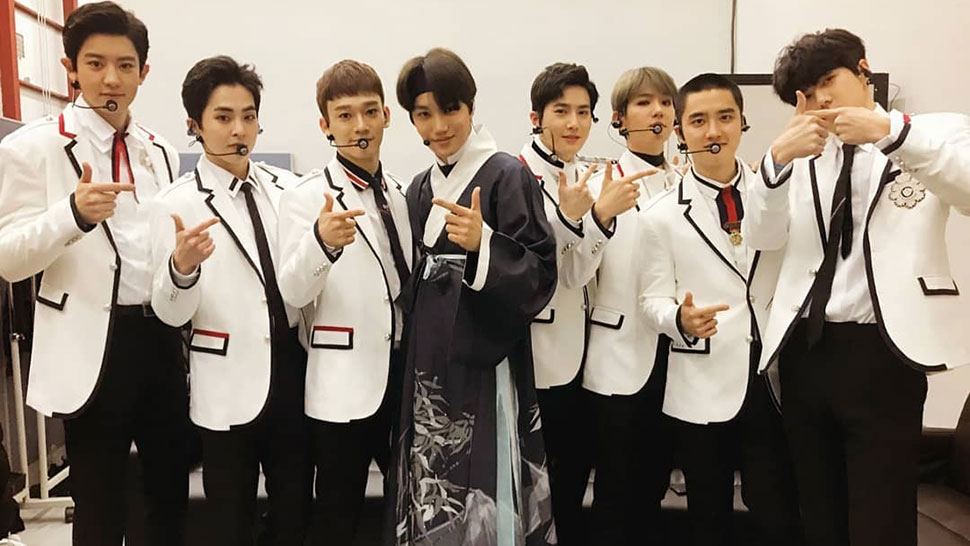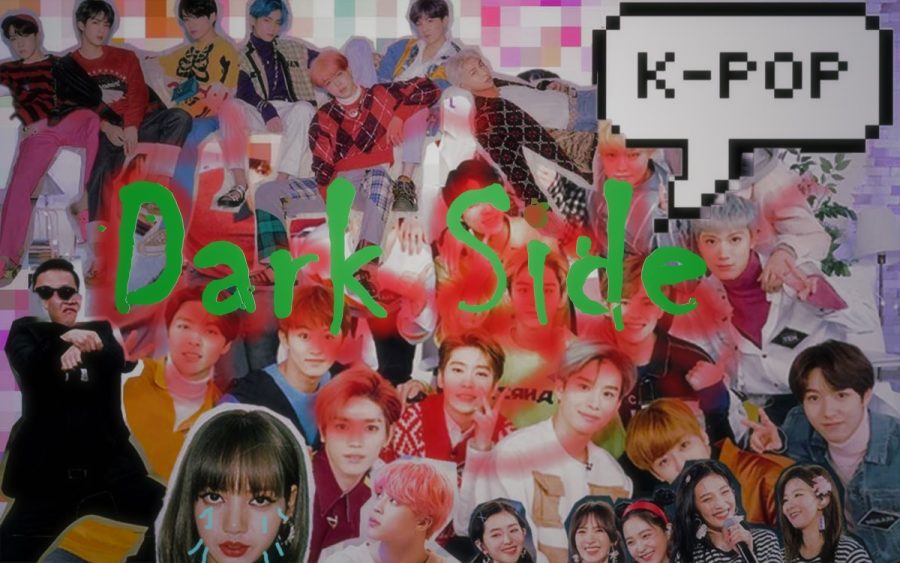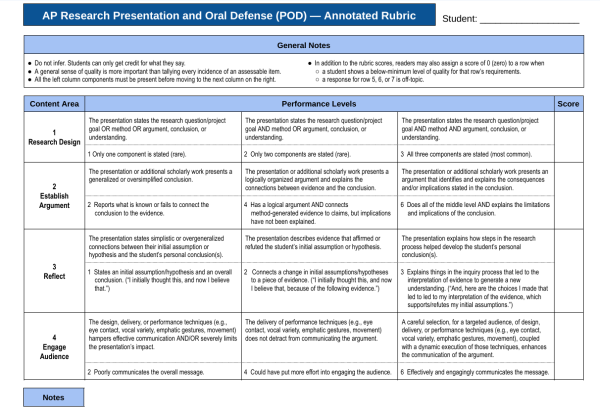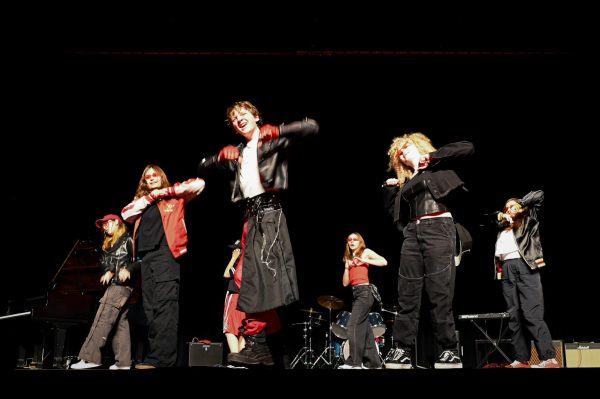The K-Pop Industry Has a Sinister Dark Side
A tale of neglect, overwork, and abuse
From the outside, K-Pop seems glamorous. Groups like BTS and Blackpink enjoy world fame, designer clothes, and riches. The life of a K-Pop idol might seem great, but in reality, it’s really not. K-Pop has a significant dark side, and it’s not pretty.
The Trainee Years:

To become a K-Pop idol, artists must audition to train under a company. The biggest of these are SM Entertainment, JYP Entertainment, and YG Entertainment. If accepted, artists undergo intense training from various teachers. Being a trainee is a full time job. Students have to learn how to dance, sing, and look good while doing it. Many trainees, though Asian, are not from Korea. Even so, they are expected to learn the language on their own or face failing, since all classes are held in Korean. Most trainees take basic classes in Mandarin or Japanese as well. This training takes hours every day, but trainees (most whom are teenagers) are expected to finish school at the same time. If school takes up most of the day, companies don’t care. Trainees practice early before school, and late into the night afterwards. Vacations are short, and most trainees rarely see friends or family. In fact, most trainees never talk to their friends at all, because their phones are confiscated. During the brief periods they’re allowed phones, they usually call their parents.
Trainees are also subject to strict beauty standards. Teens, especially girls, are forced to maintain low, often unhealthy, body weights. Trainees who fail to lose weight are either kicked out or denied food during mealtimes. Some girls are even forced to undergo plastic surgery.
After all this, most trainees never make it to debut since there are a limited number of spots in each K-Pop group.
Idol Life:

Once trainees debut, they often suffer from low pay. K-Pop companies typically take around 60-70% of a group’s earnings, with the rest split among the members. As a result, K-Pop artists only make a small percent of what they earn. Idols from new or less popular groups sometimes make as little as $10 a day. Groups also have to pay for their training. As a result, some idols don’t see any money from their first year and a half of work!
Despite the low pay, idols endure a grueling schedule. The typical K-Pop group drops at least two albums, called comebacks, each year. For each comeback, groups are expected to film an expensive music video and participate in music shows. The preparation is intense. Members have to record new songs, master intricate choreographies, and maintain a low body weight. Many idols also tour and release foreign language albums. The entire process is overseen by the company, which dictates a group’s image, music, and looks. If an artist feels uncomfortable dying their hair or wearing a certain outfit, it doesn’t matter; they’re expected to do so, or risk losing their job. The same goes for singing. Idols have permanently damaged their vocal cords by singing incorrectly – all because their company wanted to achieve a certain sound.
Companies control their artists’ personal lives as well. Most idols live in company dorms and can’t leave or receive visitors without permission. They are not allowed to date or drive cars. If an idol is revealed to be dating, they could be fired.
Perhaps the most sinister aspect of the K-Pop industry is its treatment of women and minors. Beginning in their trainee years, idols are expected to perform highly sexual dances. This is a major problem since almost all trainees are minors, with some as young as ten or twelve. This treatment often continues after debut, especially for females. If a group is supposed to be “sexy” then members’ choreos are sensual and their outfits revealing. Again, artists have no control over their outfits or performances. Even if they feel uncomfortable, they’re forced to comply or lose their jobs. This is true even for idols who debut as minors.
This stressful environment can have devastating effects. This is best illustrated by the recent rise in idol suicides. In 2017, Kim Jong-hyun from Shinee took his own life. It’s widely believed that he suffered from depression as a result of his stifling lifestyle. In 2019, Sulli from f(x) and Goo Hara from KARA committed suicide only a month apart. Both had been the target of online bullying and struggled with mental health issues.
Other idols have suffered from eating disorders, anxiety, and depression. Eating disorders are especially common due to the strict weight standards established by most K-Pop companies. Idols who experienced eating disorders include IU, Seo In-Guk, and JinE (formerly part of Oh My Girl).
Changing Times?
The past few years saw a peak in idol suicides and stories of abuse. Since then, past and current artists have begun to speak up. CEOs were fired and sex traffickers busted. Amber Liu struck back at haters with her viral video, “WHERE IS MY CHEST?” Though much remains unchanged, there has been progress, and fans are advocating for more to come.













